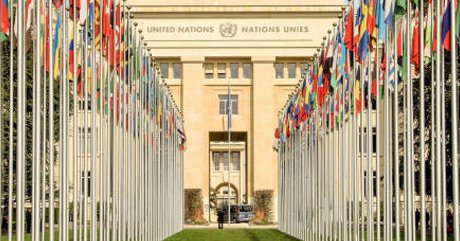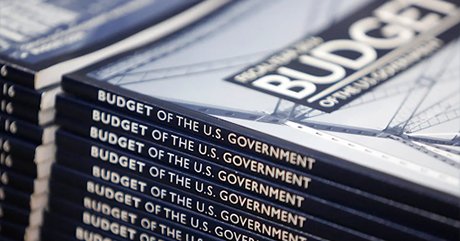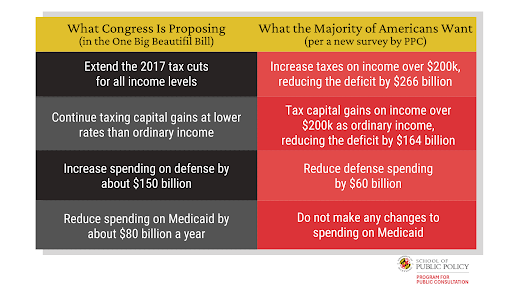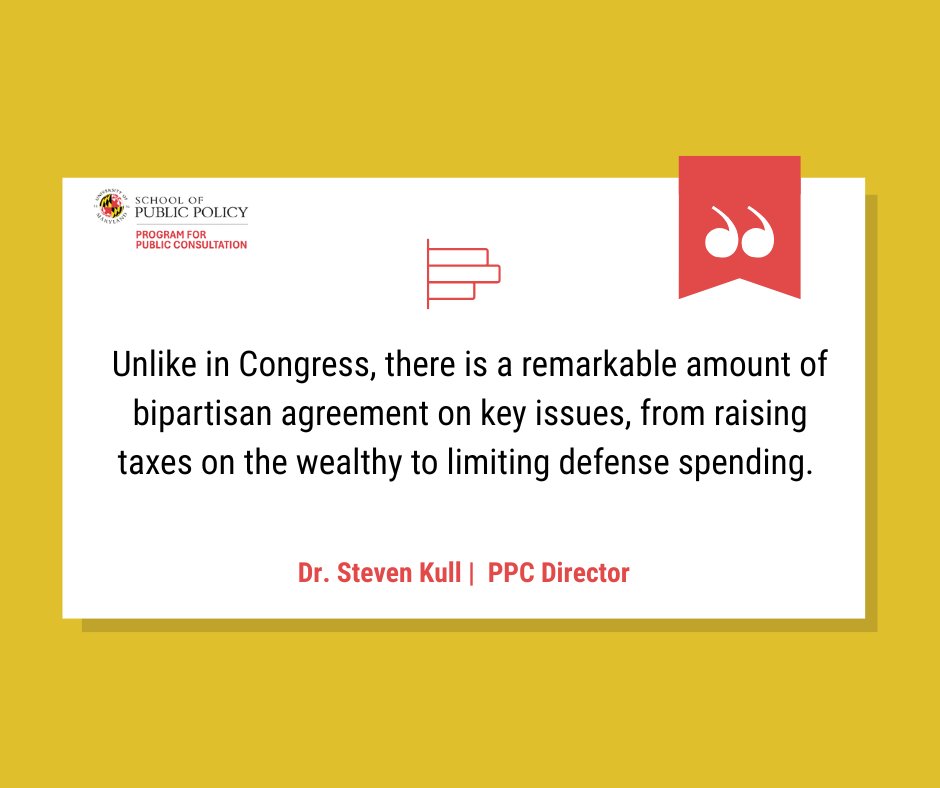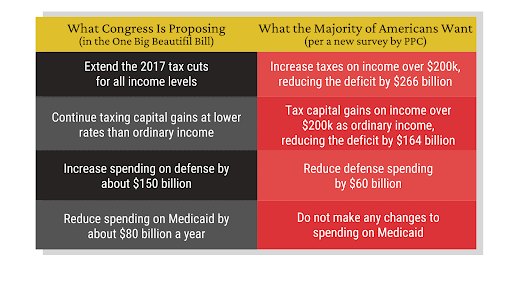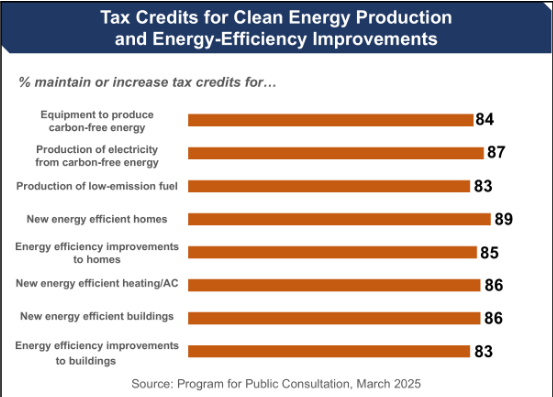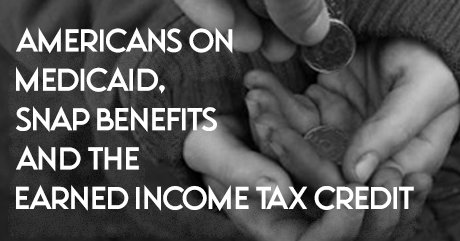
Program for Public Consultation
@ppc_umd
Followers
1K
Following
23
Media
87
Statuses
405
Based at UMD, PPC conducts nonpartisan public opinion surveys on federal policy proposals, that give respondents the info they need to understand the issues.
Washington, DC
Joined August 2009
Autonomous weapons are being developed across the world, including in the US. In response, the UN is proposing a treaty banning any weapon that can fire without human control. Our survey finds 3 in 4 Americans favor the US helping to create that treaty.
0
0
1
AI is increasingly being used to make decisions in healthcare, lending, criminal justice, welfare, and more. Our latest survey finds 8 in 10 Americans favor the government requiring such AI to pass a test to ensure they are unbiased and law-abiding.
0
0
0
Deepfakes are increasingly being used for political purposes, including by politicians themselves. Our latest survey finds 8 in 10 Americans favor prohibiting political campaigns, including PACs, from using any deepfakes. More findings on #AI regulation:
0
0
1
AI is increasingly being used to make decisions in healthcare, lending, criminal justice, welfare, and more. Our latest survey finds 8 in 10 favor the government requiring such AI programs pass a test to ensure they are unbiased and law-abiding.
1
0
1
New survey on #AI finds 8 in 10 Americans favor:. Regulating AI that makes life-impacting decisions (eg in healthcare, lending) to prevent bias, legal violations. Requiring disclosure of AI training data. Banning political campaigns from using deepfakes.
publicconsultation.org
The White House recently released its AI Action Plan, which opposes government regulation of AI programs, saying that it would impede the US becoming the dominant force in artificial intelligence...
0
0
1
ICYMI: New data shows broad bipartisan support for multilateralism:.✔️ Majorities want the U.S. engaged with key UN agencies (including WHO).✔️ Oppose scaling back U.N. involvement.✔️ Oppose sanctioning the ICC—many favor joining it. Full findings:
publicconsultation.org
President Trump has issued executive orders to “reevaluate our commitment” to United Nations (UN) agencies, withdraw from the World Health Organization, and impose sanctions on the International...
1
0
1
New survey finds majorities of both Rs and Ds:.-favor the US being part of the eight major UN agencies, including the World Health Organization.-oppose reducing how much the US works through the UN and its agencies.
0
1
0
ICYMI: PPC’s June 2025 survey shows strong support for tax reforms targeting high-income and high-wealth individuals, with projected deficit reduction of $485 billion. Detailed analysis and methodology here:
publicconsultation.org
Bipartisan majorities favor higher not lower taxes on the wealthy, cutting defense spending not increasing it, no cuts to Medicaid, reducing deficit, not increasing it. As the outlines of a Congres...
0
0
0
ICYMI: PPC’s June 2025 survey shows strong support for tax reforms targeting high-income and high-wealth individuals, with projected deficit reduction of $485 billion. Detailed analysis and methodology here:
0
0
0
ICYMI: Recent PPC data finds that majorities across the political spectrum do not support cuts to Medicaid, SNAP, or medical research, nor do they support increases to defense and homeland security, contrary to proposed congressional cuts.
0
0
0
While Congress works to extend the 2017 tax cuts, cut Medicaid, and increase defense spending, data from PPC finds most Americans support a completely different budget, that:.–Raises income taxes on >$200k.–Does not cut Medicaid.–Reduces defense spending.
0
1
0
RT @VOPorg: Take a look at @ppc_umd recent analysis published in @fulcrum_us on Americans' views of presidential powers:. .
thefulcrum.us
President Trump has been attempting to expand presidential power more than any president in recent history, in large part by asserting powers that have been held by Congress, including federal...
0
1
0
New survey finds over three-quarters of Americans favor continuing tax credits for clean energy and buying electric vehicles, and nearly seven-in-ten oppose increasing the amount of offshore drilling, with majorities of Rs and Ds in agreement. 🔗
0
0
0
For low-wage workers without children, bipartisan majorities favor expanding the refundable tax credit EITC:. -double the max credit from $630 to $1,300 (69%).-raise the income cutoff (66%).-lower the eligibility age from 25 to 21 (66%). Full results:
publicconsultation.org
Favor Increasing SNAP Benefits and Tax Credits for Low-Wage Workers The American public overwhelmingly opposes cuts to federal assistance programs for low-income households, and in most cases favor...
0
0
0
Majorities oppose restricting the use of food stamps to buy sodas, snacks and desserts, including a majority of Republicans in most cases. The government subsidizing discounts on fruits and vegetables bought with food stamps is favored by 90% (R 86, D 93). 4/5
1
0
0
Bipartisan majorities favor increasing SNAP benefits (food stamps) for:. -Single mothers (70%, R 68, D 76), which they were informed is $530 a month on average. -Individuals living alone (86%, R 82, D 92) which they were informed is $170 a month on average. 3/5
1
0
1
Among residents of states that have not expanded Medicaid, a bipartisan majority (75%) favors their state doing so. Among those in states that have expanded Medicaid, an even larger majority of 87% favor their state continuing to do so. 2/5
1
0
0
National Survey on Medicaid, SNAP and EITC:. Reducing spending on Medicaid is opposed by a large bipartisan majority of 81%, including 75% of Republicans and 86% of Democrats. A majority of 55% favor increasing spending (R 49, D 65). 1/5. Full results:
1
1
2
Our latest survey reveals broad opposition to expanding presidential powers - often bipartisan- including over independent agencies. We break down the complete findings on The Federal Drive with Tom Temin. Check it out: @FederalNewsNet.@FederalDrive
0
0
0
What US trade policy should be, according to the American public:. Low tariffs on trade partners that follow trade rules (68%), rather than higher tariffs on all (31%). High tariffs on China (71%). More trade deals with labor (82%), envt'l standards (78%).
0
0
0



